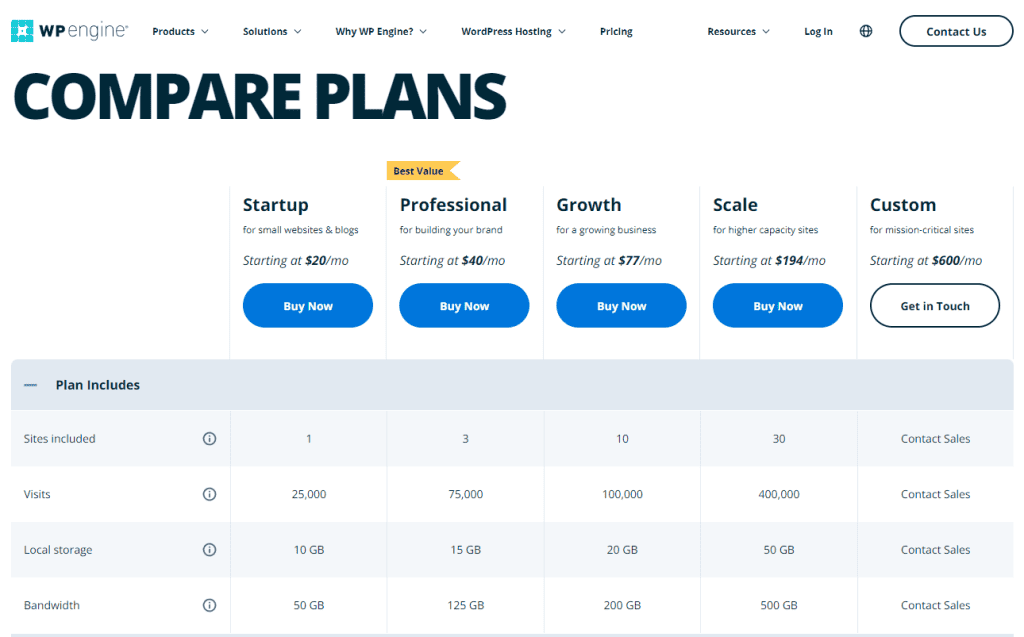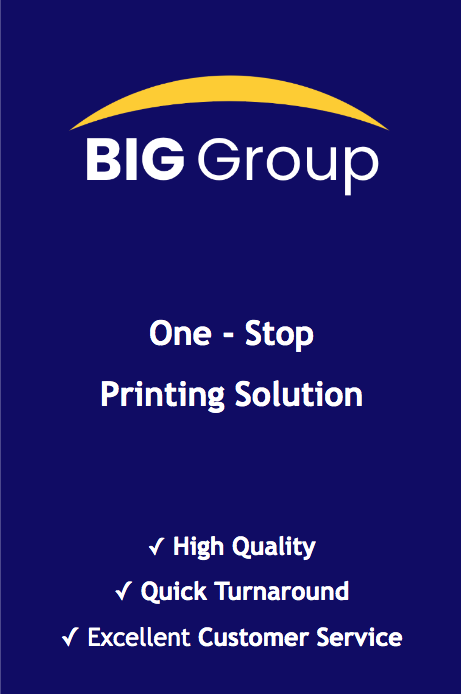Choosing the Right Web Hosting Service for Your Business
On top of having a good domain name, selecting the ideal web hosting service is essential for the success and...

On top of having a good domain name, selecting the ideal web hosting service is essential for the success and reliability of your website, profoundly influencing user experience and your site’s SEO performance. Understanding what web hosting is and the factors that matter most can guide you in making an informed decision.
Here are essential considerations to keep in mind when choosing a web hosting provider.
Server Location: Opt for a Local Web Host in Your Target Market
Location matters in web hosting. Hosting your website on servers located in or near your target market can positively affect your server speed and SEO rankings.
For instance, if Singapore is your primary market, choosing a hosting provider with servers based in Singapore will provider a better experience for your Singapore based users and thus giving your site a positive SEO boost.

Reputation: Steer Clear of Cheap Web Hosting Options
While saving on costs is tempting, going for the cheapest web hosting options can compromise your website’s speed and security. Often, such servers are overcrowded and may host websites with questionable reputations, affecting your site’s performance.
As a rule of thumb, investing in a reliable web hosting plan starting from SGD$10 per month is advisable for serious businesses focused on quality and reliability.
Resource: Consider the Amount of Bandwidth, Space and Memory
When selecting a web server for your business, it’s essential to assess both the available storage and memory, especially if you expect your website to expand or manage high traffic volumes. Make sure the hosting package provides enough capacity for your immediate requirements and offers scalability for future growth. Memory plays a vital role in ensuring your website operates swiftly and effectively, particularly for sites with dynamic and complex content.
Choosing the right web server also involves careful consideration of performance, reliability, and particularly bandwidth. Bandwidth is crucial as it influences your site’s capability to accommodate user traffic and facilitate smooth data transmission to your audience.
Requirements for a WordPress Website

Initial Setup: A basic WordPress site with a standard theme and a few plugins can run comfortably on a hosting plan offering 5GB to 10GB of storage space. This range accommodates your WordPress core files, themes, plugins, and initial media uploads.
Media and Content: If your site is media-heavy or plans to grow its content library extensively (with high-resolution images, videos, etc.), looking for plans offering upwards of 20GB to 30GB of storage is wise. This ensures ample room for your content as your site expands.
Memory Requirements
RAM for Smooth Operations: WordPress sites, particularly those with high traffic or running multiple plugins, benefit from hosting plans with more RAM. For a small to medium WordPress site, 2GB to 4GB of RAM is a good starting point. It allows for efficient data processing and helps in handling spikes in traffic without performance drops.
High-Traffic or Complex Sites: For WordPress sites expected to receive high levels of traffic or those utilizing complex themes and multiple plugins, 4GB to 8GB of RAM or more can provide the necessary buffer to ensure smooth performance under load.
Bandwidth Requirements
Bandwidth for Growing Traffic: Bandwidth is a critical factor to consider for your WordPress site, particularly as your site grows in popularity and attracts more visitors. A hosting plan offering sufficient bandwidth ensures that your site can handle the volume of data being transferred to and from your visitors efficiently. For a new or small WordPress site, a plan with a bandwidth allocation of 1TB per month is typically adequate. However, as your site’s traffic increases, you may need to look for plans offering higher bandwidth limits or even unmetered bandwidth to accommodate the surge in visitors and data consumption without incurring extra charges or experiencing slowdowns.
Scalability for Future Needs: It’s also important to choose a hosting provider that offers easy scalability options for bandwidth. As your site’s content library expands and it starts to attract more traffic, your bandwidth needs will grow. Opting for a hosting service that allows you to scale your bandwidth allocation up or down based on your site’s current needs can help ensure that your site remains fast, accessible, and responsive to user interactions at all times. This flexibility is crucial for maintaining a good user experience and supporting your site’s growth trajectory without facing unexpected performance bottlenecks.
Backend Management: The Importance of a User-Friendly Control Panel
A user-friendly control panel, like cPanel, is invaluable for website management. It simplifies tasks such as setting up email accounts (if web host provides), managing databases, and installing software. Look for hosting services that offer cPanel or an equally intuitive control panel to streamline your website administration.
Shared vs. Dedicated Hosting: Understanding the Differences
- Shared Hosting: In shared hosting, your website resides on a server with multiple other sites. It’s cost-effective and suitable for small to medium-sized websites with moderate traffic. However, shared resources can lead to slower response times during peak traffic periods.
- Dedicated Hosting: Dedicated hosting provides a server solely for your website, offering maximum control, performance, and security. It’s ideal for large, high-traffic websites with specific requirements. While more expensive, dedicated hosting ensures that your site has exclusive access to all the server’s resources.
Loading Speed: Test and Evaluate Actual Server Performance
- Promises vs. Reality: It’s common for web hosting providers to market their services as the fastest and most reliable on the market. However, the advertised speed and actual performance can sometimes differ significantly. No brand will openly admit to having slow servers; therefore, it’s essential to conduct your own tests to gauge the server speed.
- Conducting Speed Tests: Before committing to a long-term hosting plan, consider signing up for a trial period or a month-to-month plan to test the server’s performance. Use tools like Pingdom, GTmetrix, or Google PageSpeed Insights to analyze the loading speed of your website from different locations around the world. This will give you a realistic view of how your site will perform for users in different regions.
- Evaluating Acceptability: When testing server speeds, consider your website’s specific needs. A few milliseconds might not be critical for a small blog, but for an e-commerce site, faster loading times can significantly improve user experience and sales. If the server speed doesn’t meet your expectations or requirements, it might be time to look at other providers.
Conclusion
Finding the right web hosting service involves balancing cost, performance, usability, and scalability.
Consider your website’s current needs and future growth, opting for a hosting provider that offers the right mix of space, performance, and user-friendly management tools.
Whether you choose shared or dedicated hosting, remember that your decision will significantly impact your website’s success and your users’ experience.
Explore More Content
Table of Content







